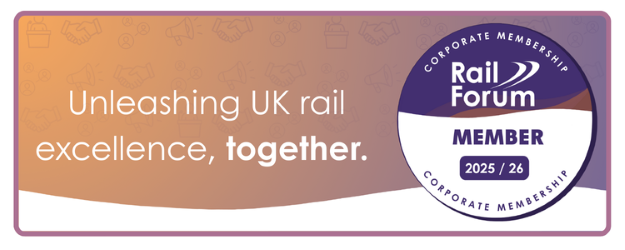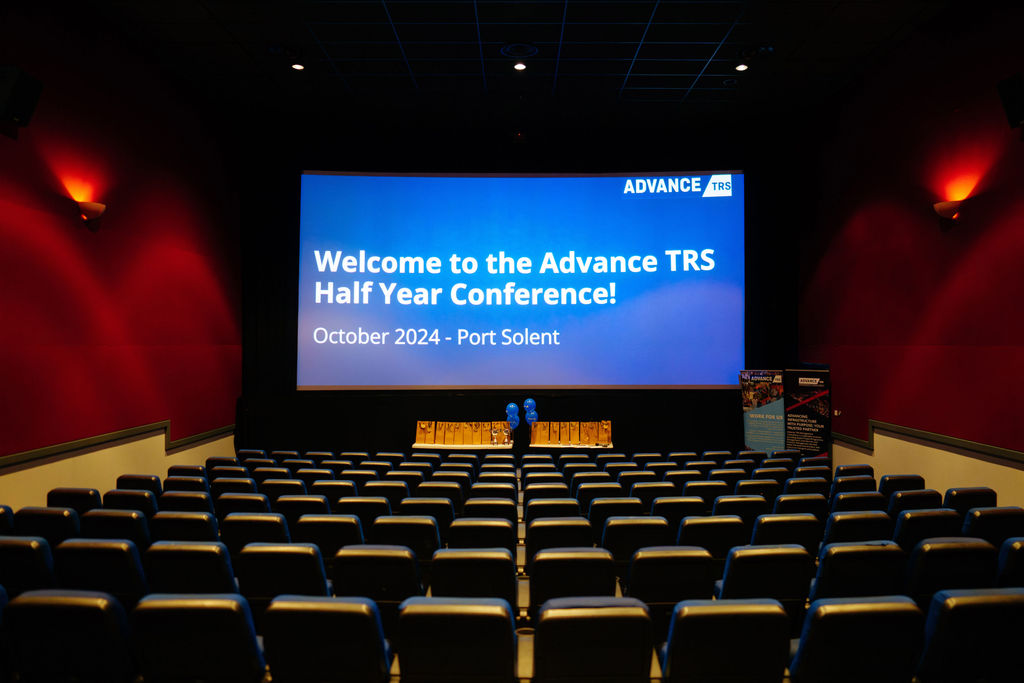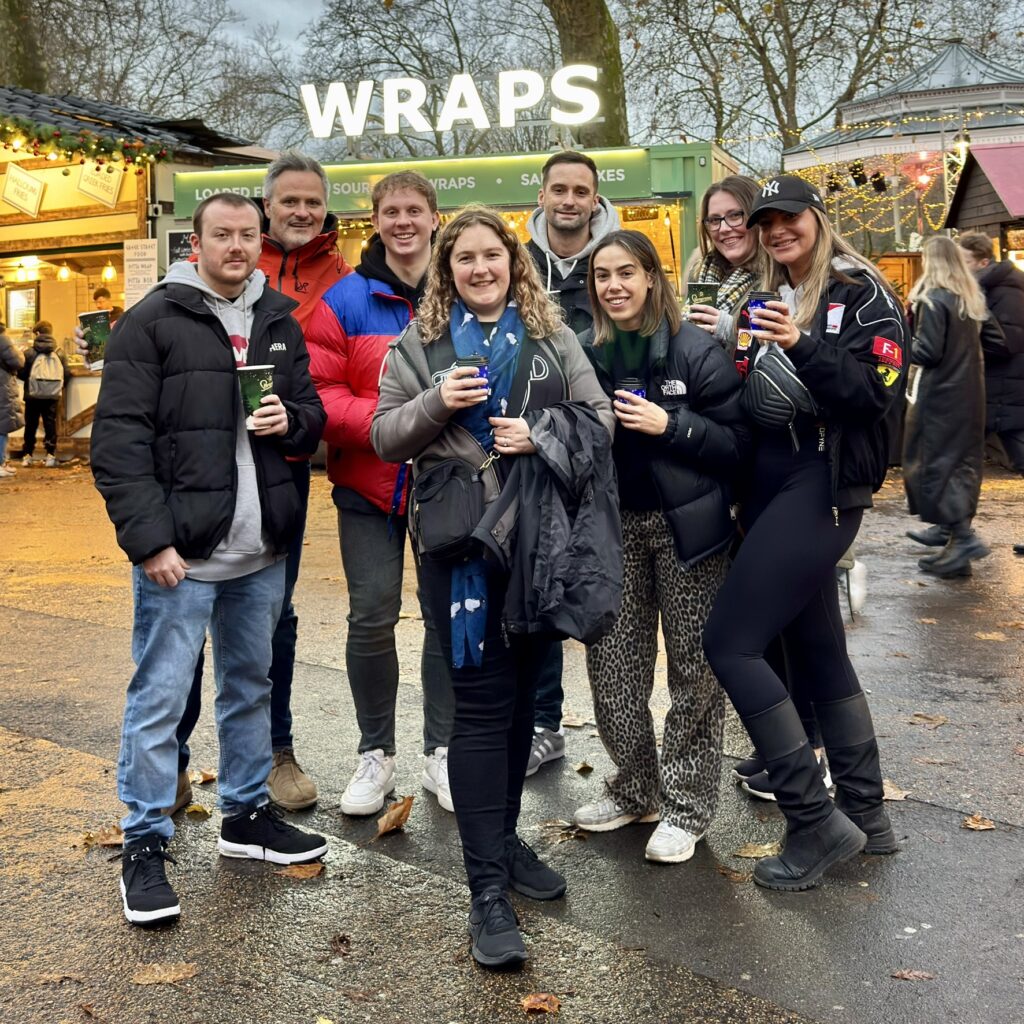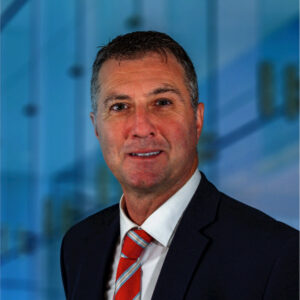Advance TRS and Alstom are delighted to announce a huge milestone achieved in our recruitment partnership as our 300th permanent starter joins the business this week, following 3 years of tremendous growth across the business!
Advance TRS are the recruitment partner for Alstom UK & Ireland’s rail recruitment programme, sourcing rail signalling management, engineering, and installation professionals. The Advance TRS and Alstom UK & Ireland partnership has placed over 300 new professionals in permanent roles across the business.
Working in a truly collaborative manner has been a vital factor in the success to date which has seen both businesses work tirelessly to attract and engage with some of the brightest and most committed individuals across the country. Whilst in the company, the opportunities have not stopped with new starters building development career paths, taking on additional responsibilities, and achieving promotions as the benefits of working for a leading global engineering firm become a reality.
Having taken a proactive approach to appoint a diverse workforce, we have seen numerous key roles being filled by candidates outside of the sector, with management driving a recruitment focus on individual skills & behaviours rather than time spent in the railways. This has led to fresh ideas, new approaches, and opportunities for people to join and excel in the industry.
But the hard work doesn’t stop here! Thanks to an enviable work bank and constantly expanding product offering, Alstom is growing further and can offer outstanding opportunities across engineering, operations, and management as we gear up for the years ahead.
Find out more about the Advance TRS recruitment partnership with Alstom.
ALSTOM IN IRELAND
Advance TRS & Alstom are recruiting Commercial, Planning, Engineering, Management, Health & Safety professionals for the Cork Area Commuter Rail (CACR) upgrade, a transformative rail improvement programme for the Cork Rail Network.
The Cork Area Commuter Rail programme is the heavy rail element of CMATS and is a transformative rail improvement programme for the Cork Rail Network. Delivering increased train capacity and frequency, providing for more connected communities and a more sustainable transport network, the project represents the largest-ever investment in the Cork Rail Network.
The programme involves developments and enhancements to the rail network from Mallow through Cork to Cobh and Midleton and will include the delivery of new rail infrastructure and electrification and re-signalling across the 3 main lines of Mallow, Cobh and Glounthaune to Midleton.
The Cork Area Commuter Rail Programme is being progressed through a number of separate but interrelated projects which will be delivered in specific work packages.
This is a fantastic opportunity to work on the Signalling and Communications Upgrade to facilitate the proposed capacity and service frequency increases across the Cork Area Commuter Rail network. The preliminary design of the project is well-advanced, and the implementation stage is starting now.
View the latest Alstom jobs in Ireland.
BUILDING A DIVERSE WORKFORCE WITH ALSTOM
A key focus for Alstom is to build a diverse and entrepreneurial workforce with inclusivity at its core. Alstom knows that employee empowerment is crucial to its success and continues to strengthen its culture by promoting diversity and entrepreneurial spirit with a fundamental commitment to integrity and high ethical business standards and practices.
This key commitment has been embraced and mirrored by Advance TRS, working together to establish a non-discriminative recruitment process to ensure a diverse candidate pool is available, and promoting opportunities for under-represented communities. At Advance TRS, we believe everyone deserves the same opportunities, and that the diversity of the workforce is an essential part of success. We are committed to supporting clients to build work environments that are free from discrimination and promote equal opportunities for all.
View the latest Alstom Jobs.
QUALITY CANDIDATE CARE
At Advance TRS providing a premium quality service to candidates and clients alike is a core founding principle and forms the backbone of how we approach our work.
We pride ourselves on our exceptional level of customer service and seek to create long-lasting and dependable relationships. Advance TRS support candidates throughout the entire process from initial contact and interview, through to remuneration negotiations and onboarding.
ALSTOM PRIORITIZING CAREER DEVELOPMENT
Professional development is part of Alstom’s recruitment strategy, with the organisation firmly believing that employee motivation and performance are intrinsically linked and that the nurturing of employee potential and competencies are key to ensuring the ongoing success of the international brand.
All employees are offered development opportunities via the ‘People Management Cycle’, which helps line managers and HR to design a bespoke training plan for each employee. This offers high-quality learning and development opportunities and supports employees through professional mentoring or coaching.
For those hesitant to take the next step in their career and explore opportunities, such a solid investment into personal development has proven to temper nerves and ease the transition when joining the business.
“My favourite part of my role is enhancing and developing new skills and expertise in the development of people. I have fully embraced Alstom’s People Management Cycle and encourage the development of my team members.”
Lead Commercial Manager, Alstom.
“Alstom has committed to training the right candidates to be the perfect fit for the business. They understand that not everyone will be the finished article straight away, but their development opportunities are really encouraging and quick to materialise.”
Principal Project Engineer, Alstom.
Find out more about life at Alstom.
FIND YOUR IDEAL ROLE
Across the UK, Alstom is winning new projects and securing exciting packages of work, opening up huge opportunities for professionals across the UK.
Are you looking for your next role and does Alstom sound like the right fit for you? View our live jobs or speak to one of our Alstom delivery teams today.








